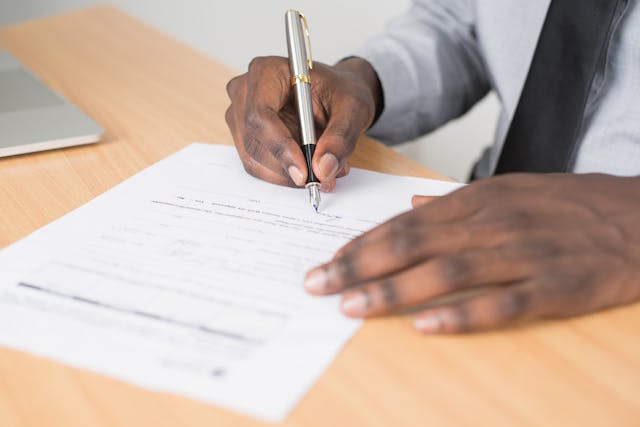Pro Tips to Legally Get Your Assets Shielded From a Lawsuit or Creditors

No one wants to think about the possibility of being sued or going bankrupt, but it’s essential to be prepared for anything. If you have valuable assets, you need to take steps to protect them from potential legal action or seizure. And to do so, there are a few things you need to put into action. This blog post will discuss some of the best ways to shield your property and finances from legal action. Read on and get your assets safe and protected.
Make a Solid Domestic Asset Protection Trust
If you have valuable assets, one of the best ways to protect them is by setting up a DAPT. This type of trust is only available in certain states, but it can be highly effective in shielding your assets from creditors. With a DAPT, you transfer ownership of your assets to the trust, and the trustee then manages the assets for your benefit. The key advantage of a DAPT is that it can protect your assets from creditors even if you are sued after setting up the trust.
Have a Will and Estate Plan in Place
Another good idea to protect your assets is to have a will and estate plan in place. This will ensure that your assets will be distributed solely based on your wishes if you pass away. It can also help shield your assets from creditors, as they cannot seize property held in a trust or estate. Not only will this protect your assets, but it will also give you peace of mind knowing that your loved ones will be taken care of.
Establish an LLC
If your assets are held in your name, they are at risk of being seized by creditors. One way to protect your assets is to establish a limited liability company (LLC). An LLC is a business entity that offers its owners personal liability protection. It means that if the LLC is sued, the creditors can only go after the LLC’s assets, not the owners’ personal assets. It can be an effective way to protect your home, bank accounts, and other valuable assets.
Make Use of Homestead Exemptions
Did you know that every state has a homestead exemption? It is a law that protects a certain amount of equity in your home from creditors. The amount of protected equity varies from state to state, but it is typically around $50,000. If you have less than $50,000 in equity in your home, your creditors cannot seize it. The homestead exemption can effectively protect your home from creditors, but it is important to note that it only applies to your primary residence.
If you are concerned about your assets being seized by creditors, you can take a few steps to protect them. You can shield your assets from legal action by setting up a DAPT, having a will and estate plan in place, establishing an LLC, and using homestead exemptions. And, of course, never neglect the importance of hiring a professional lawyer. These tips will help you to keep your property safe and secure.

